Surprising Causes of High Cholesterol


Stress
Chronic stress causes a number of health problems, including high cholesterol. Research shows that it raises your risk for high LDL (“bad”) cholesterol and lowers levels of HDL (“good”) cholesterol. That’s because stress hormones, such as cortisol and adrenaline, trigger changes that may lead to higher blood sugar and inflammation. Over time, this may cause your liver to pump out more cholesterol and blood fats called triglycerides.

Unfiltered Coffee
That French press, Turkish coffee, or espresso habit may brew up trouble for your cholesterol. These coffees don’t use a filter, so oily compounds in the beans called diterpenes seep into your cup. These oils can raise LDL cholesterol. While a serving or two a day is OK, experts recommend no more than four unfiltered coffees a day.
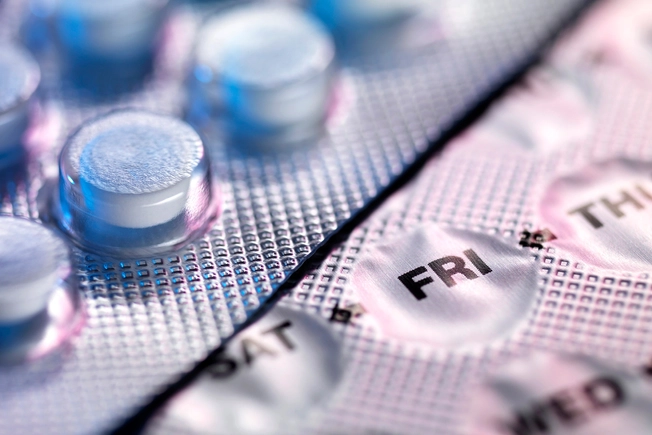
Medications
Some drugs may have an unexpected effect on your cholesterol. These include certain birth control pills, retinoids, corticosteroids, antivirals, and anticonvulsants. Some medicines for high blood pressure, such as diuretics and older forms of beta-blockers, can also raise your cholesterol. Talk to your doctor about any medications that you take. You may need a different dose or another drug altogether.
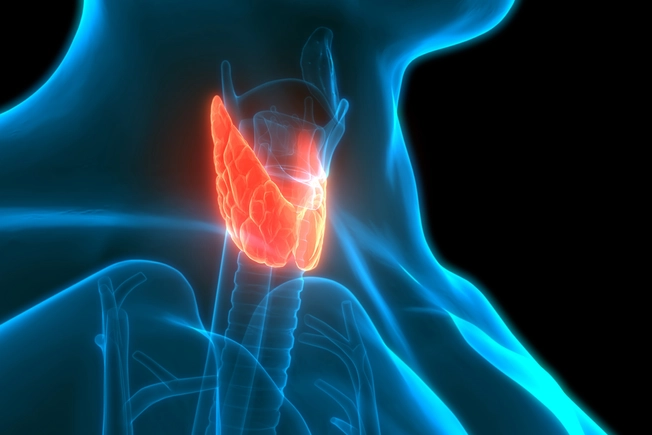
Thyroid Issues
Your body uses thyroid hormones to help remove the extra cholesterol that it doesn’t need. So, when you have an underactive thyroid, or hypothyroidism, your levels of total and LDL cholesterol go up. Talk to your doctor if you have symptoms of hypothyroidism, such as fatigue, dry skin, and muscle weakness and aches. A blood test can screen for the condition.
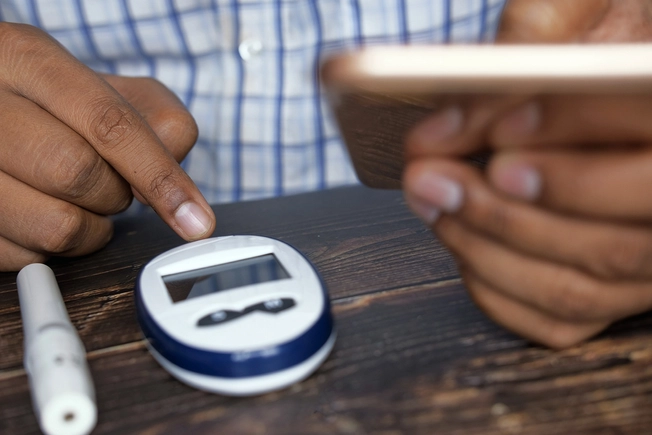
Type 2 Diabetes
Type 2 diabetes can cause high blood sugar. When there’s too much sugar, it may attach to proteins, such as cholesterol molecules. This makes cholesterol more harmful. For example, people with type 2 diabetes tend to have more small, dense LDL particles, which raises the risk of heart disease. They also have lower amounts of protective HDL cholesterol. This cholesterol may not work as well to sweep away the “bad” cholesterol.

Menopause
The sex hormone estrogen affects your cholesterol levels. When estrogen falls after menopause, your cholesterol goes up. Research shows that LDL and total cholesterol levels rise around and after your final period. To make matters worse, women gain an average of 8 to 10 pounds after menopause. They also stop exercising as much, which can up the risk of high cholesterol.

Sitting a Lot
Whether it’s at your desk or on a couch, sitting for hours on end is bad for your health. It’s linked with obesity, heart disease, and high cholesterol. When you sit for too long, an enzyme that turns harmful LDL cholesterol into good HDL cholesterol drops by 95%. To protect your heart, take frequent breaks. Stand up at least every 30 minutes and, if you can, go for a 5-minute walk every hour.
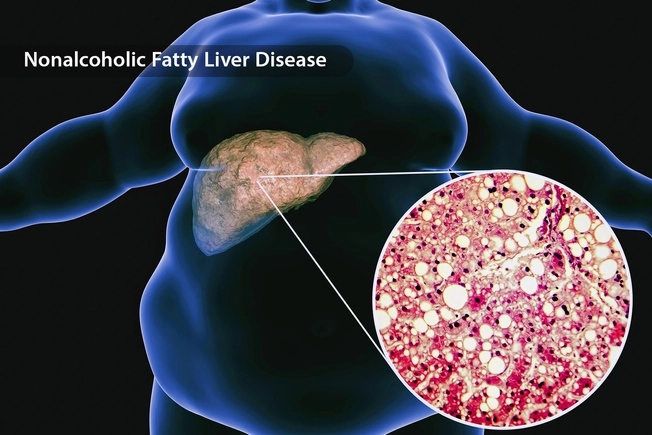
Liver Problems
Your liver makes, processes, and breaks down cholesterol. When your liver doesn’t work properly, it can affect your cholesterol levels. One of the most common conditions is nonalcoholic fatty liver disease (NAFLD), which happens when extra fat is stored in the liver. It affects nearly 1 in 4 adults. The more severe form is known as NASH (nonalcoholic steatohepatitis). It causes the liver to swell and scar, leading to liver cirrhosis.

Too Much Alcohol
Along with processing cholesterol, your liver also breaks down alcohol. So, when you drink too much, it can affect your cholesterol. One study found that men who drank heavily -- roughly 4½ drinks or more at once -- had worse cholesterol levels, compared to those who didn’t. This was true for those who binged only on occasion, too. If you drink, keep it moderate -- no more than one drink a day for women and two for men.

Pregnancy
During pregnancy, your body uses cholesterol to help the fetus grow and develop. That’s why your cholesterol levels may rise up to 50% in the second and third trimesters. They can stay elevated for about a month after birth. This temporary spike usually doesn’t harm the mom or baby. But if you already have high cholesterol, your doctor will want to keep track of your levels.
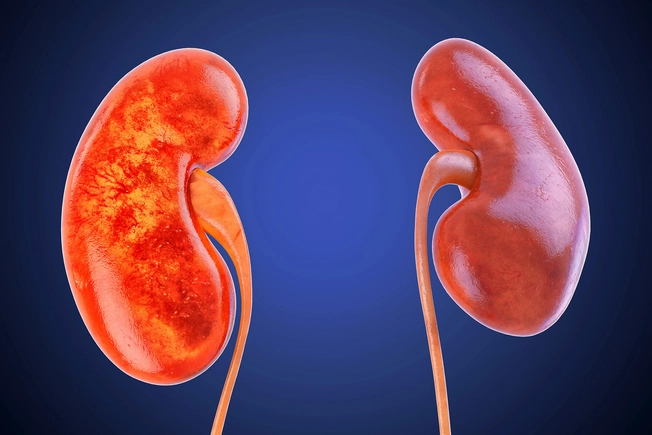
Kidney Problems
Cholesterol affects the way your kidneys work. Research shows that high cholesterol may harm kidney function and raise your risk of kidney disease. On the flip side, kidney problems may increase your cholesterol levels. Research shows that nephrotic syndrome, a type of kidney disorder, increases your LDL and total cholesterol levels. Chronic kidney disease also lowers your HDL levels.
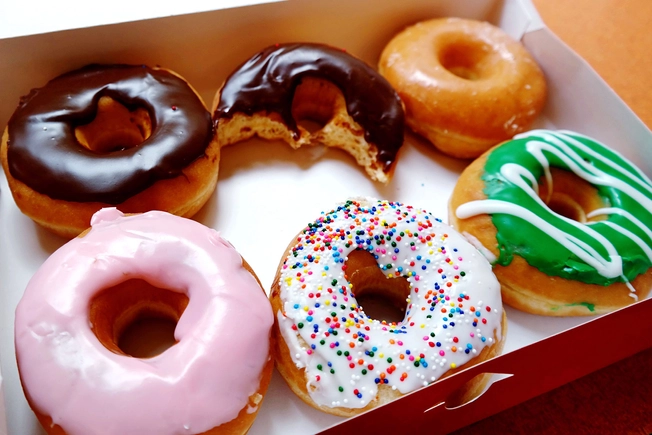
A High-Sugar Diet
Saturated fat is often blamed as the main dietary cause of heart disease. But too much sugar is a culprit, too. A diet high in the sweet stuff causes your liver to make more LDL cholesterol and triglycerides, and less HDL cholesterol. One study found that people who got 10% or more of their calories from added sugars were up to 3 times as likely to have low HDL levels, compared to those who got less than half that amount.